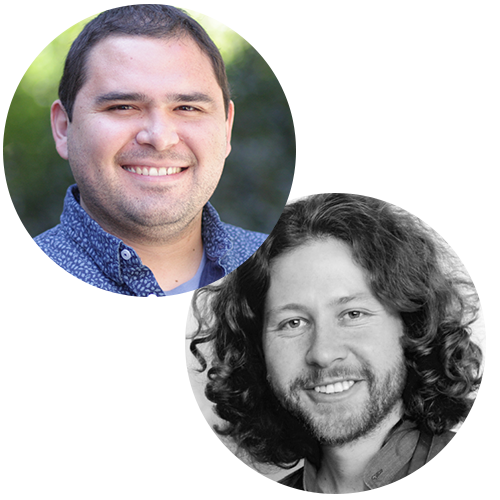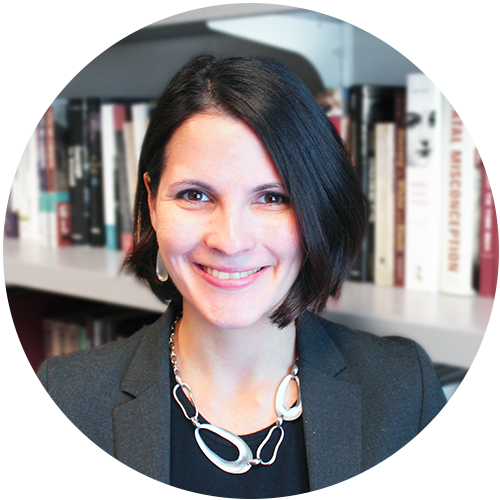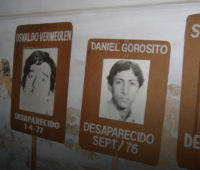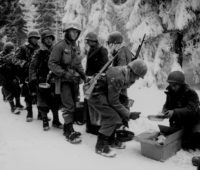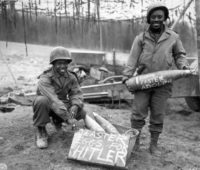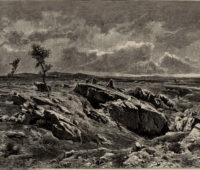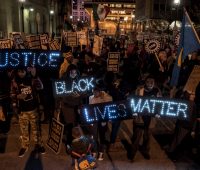Juan Acosta and Erich Pinzón-Fuchs recount the history of the creation of a deeply complex macroeconomic model of the US economy developed by the SSRC’s Committee on Economic Stability in the early 1960s. The work was led by future Nobel winner Lawrence Klein and sought to take advantage of emergent computing technology and a range of databases to simulate the potential impacts of various economic policy options. Based in part on research in the SSRC archives, the authors argue that the model was a pioneering effort in large-scale collaboration among economists with a long-lasting influence.
